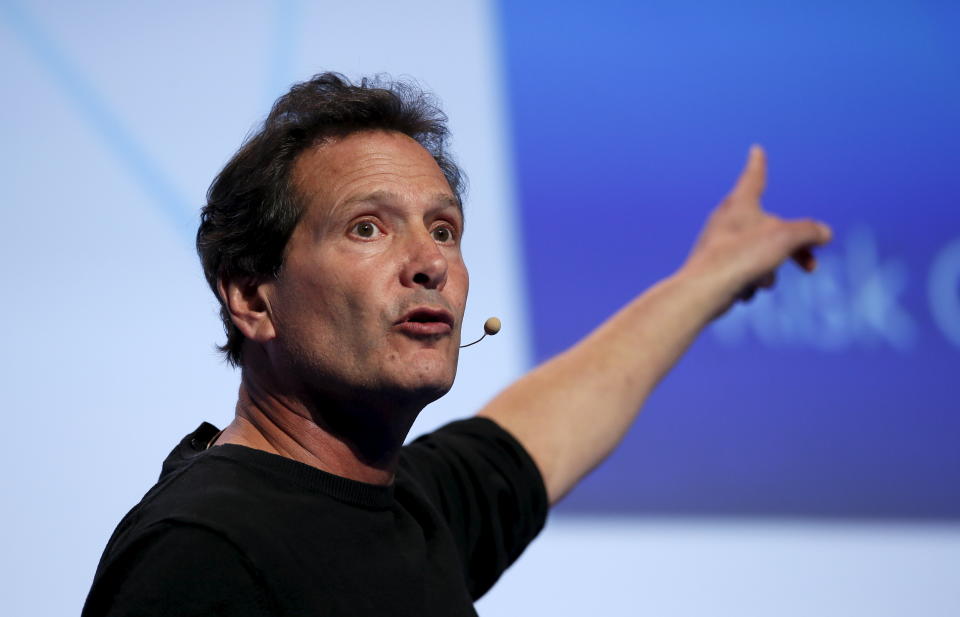PayPal CEO: 'Ethical and moral' duty put staff ahead of shareholders
The chief executive of PayPal (PYPL) has attacked the shareholder-focused capitalism that has dominated for decades, saying companies should put their staff above all else.
Speaking at the Davos conference on Tuesday, Dan Schulman said: “From my perspective, and not everyone agrees with this, people can debate, but we each have multiple constituencies we serve. Employees, our customers, for us regulators, shareholders.
“To me the number one constituency that we have to serve is our employees. By far and away, if you don’t have passionate, engaged people who work with you, then you can never aspire to be a great company.”

Schulman attacked the idea of ‘shareholder primacy’ developed by Nobel-prize winning economist Milton Friedman. Friedman was an ardent believer in free markets and his ideas helped drive the wave of de-regulation in the West that shaped late-20th century capitalism.
“I think it’s ridiculous that the idea of profit and purpose work against each other,” Schulman said. “I actually think they work together.
“This whole Milton Friedman — that was not based on math, that was based on the power of a great soundbite. And it worked for a long time. But the truth of the matter is if you don’t look at a multi-stakeholder world, you are sub-optimising what you can be as a company.”
READ MORE: Do wealthy CEOs have what it takes to be president?
Last August the US Business Roundtable group, which represents some of the country’s top CEOs, said it was abandoning the idea of shareholder primacy. Instead, the group defined the purpose of companies as “improving our society”.
Schulman said on Tuesday putting profits before people was “a huge issue, not just in companies ... but our democracy.”
“My favourite quote on democracy is democracy needs to be more than two wolves and one sheep voting on what to have for dinner,” he said. “That means you have to rise above your own self-interest for democracy to be effective.
“But how can people rise above their own self-interest when this is the first generation ever where this generation growing up now does not think they’ll be better off than their parents? This idea of hope — you start to turn against the system.
“We, as business leaders, need to make sure that our employees feel financially secure.”
Business leaders “have an ethical and moral obligation to think much more broadly than this idea of shareholder maximisation. We will maximise for shareholders if we look at a multi-stakeholder framework.”
Schulman’s comments came during a panel on the future of the digital economy at the World Economic Forum’s annual meeting in Davos, Switzerland. Around 3,000 political and business leaders are attending the conference, including US president Donald Trump.


